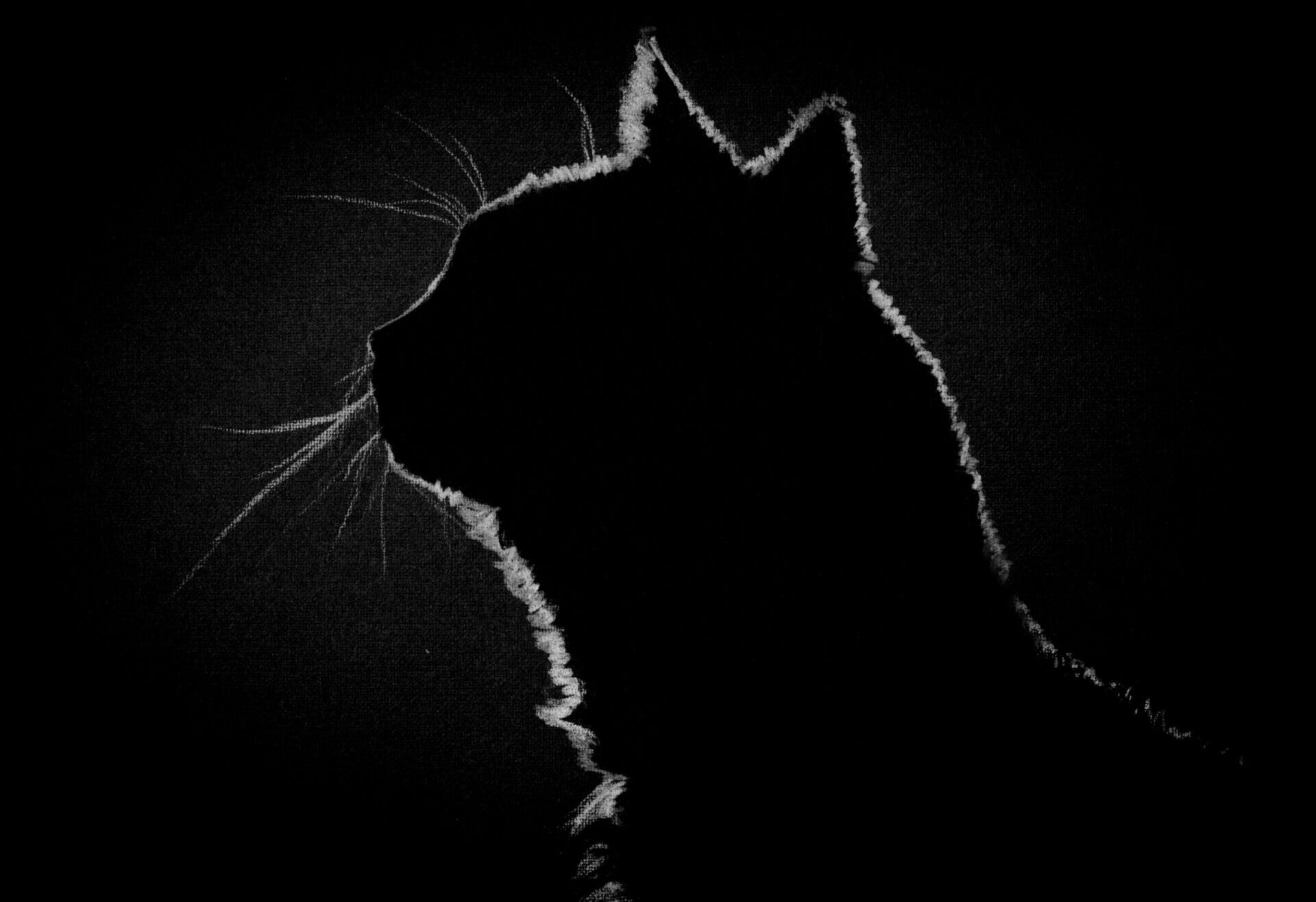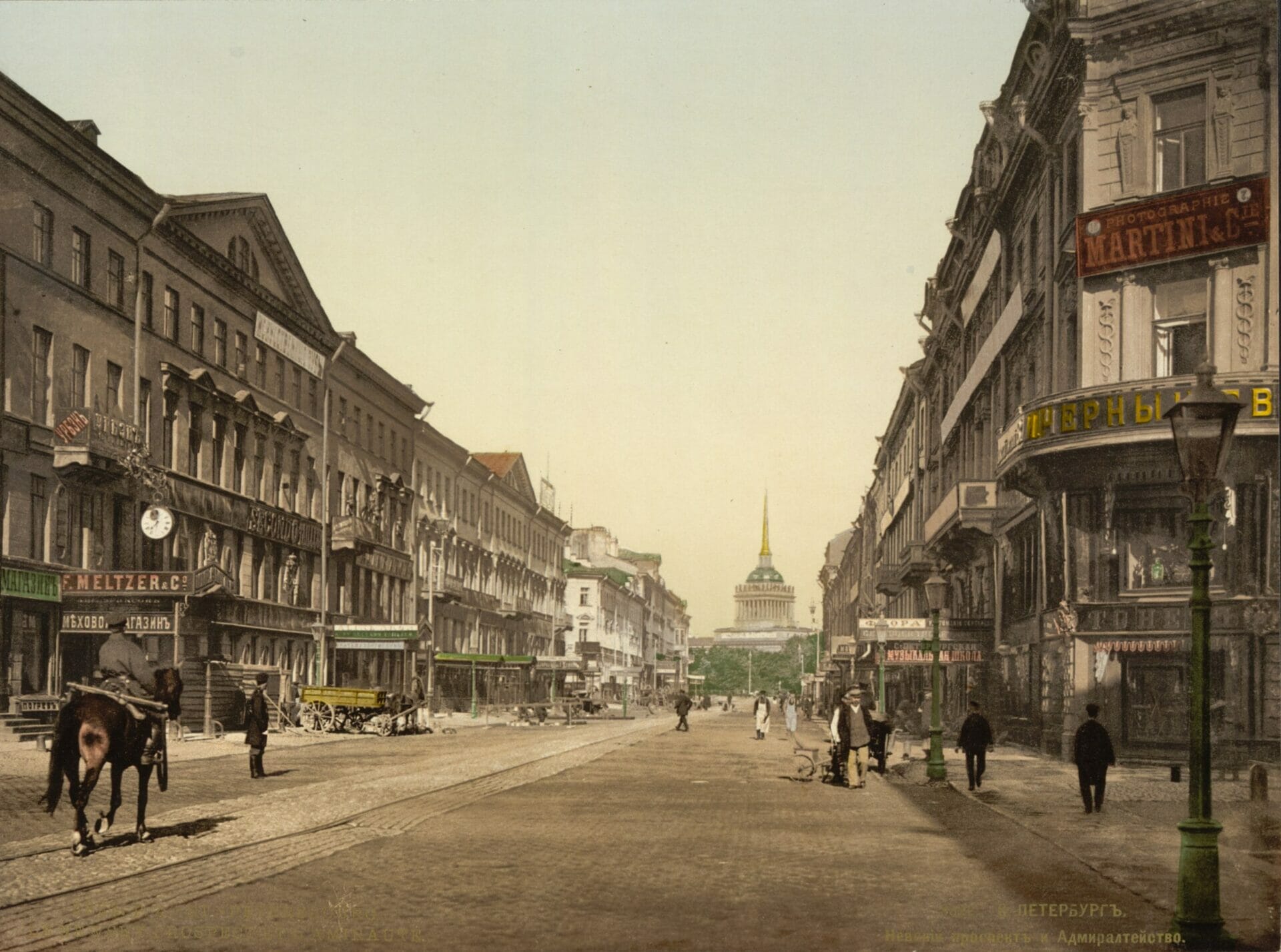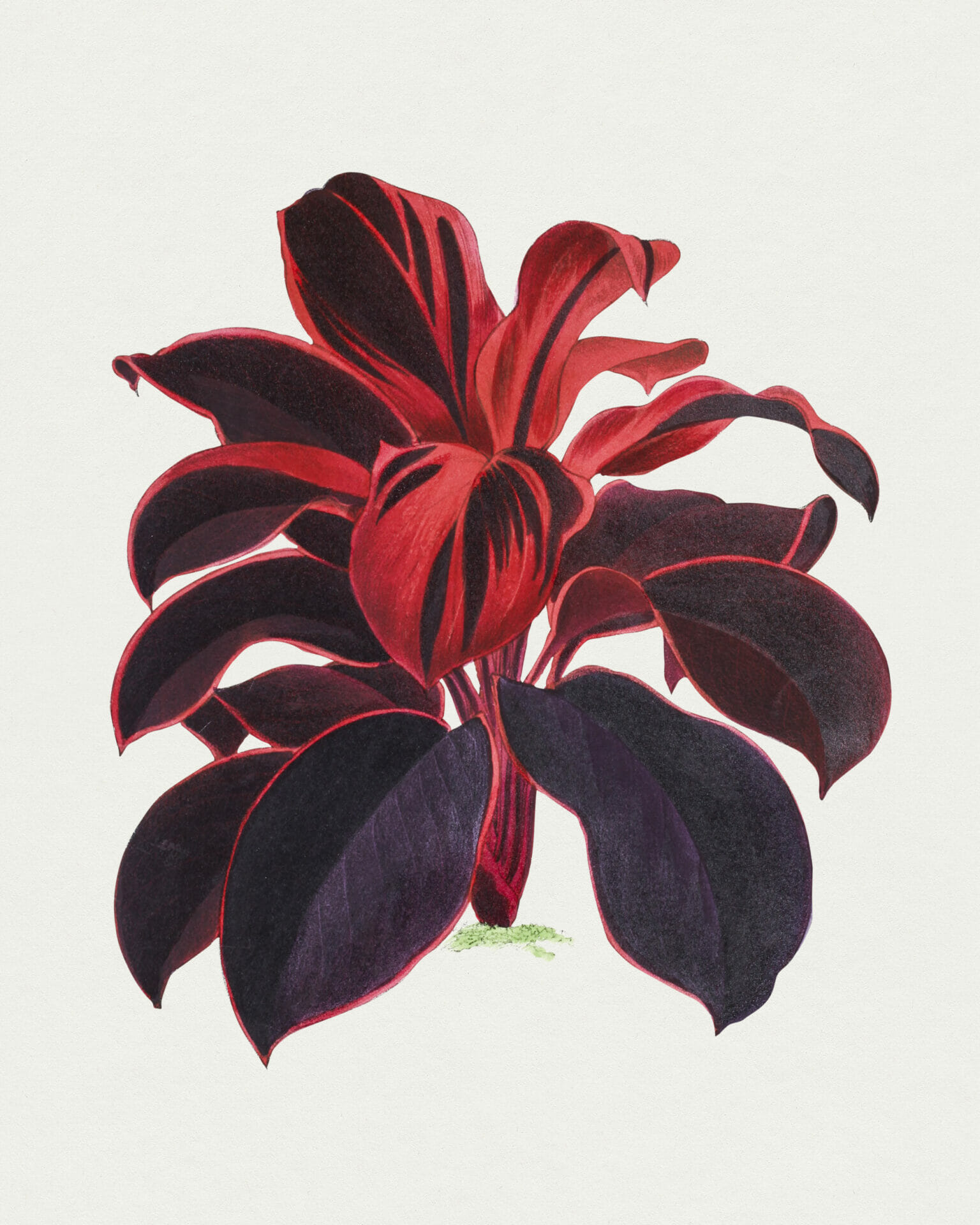
The Master and Margarita | The many meanings of Mikhail Bulgakov's troubled novel
Length
The Master and Margarita is one of the most famous Russian novels. Its editorial backstory somewhat resembles that of I Promessi Sposi (The Betrothed). Like Alessandro Manzoni, Mikhail Bulgakov continued to revise the novel throughout his life, but not to purify the language: he feared government censorship. After burning the first manuscript, he kept working on it until his death. For this reason, his third wife completed the novel in 1941.
However, more than twenty years passed before The Master and Margarita was published: only in 1966-1967 did a first, highly censored version appear in Russia. Even if not in its complete form, the book began to spread influence: The Rolling Stones wrote their Sympathy for The Devil after Mick Jagger read the novel (thanks to Marianne Faithfull). The first complete version appeared only in 1973 in the USSR.
A hallucinatory journey
The novel’s editorial struggles are deeply interconnected with its content. Summarising the plot of The Master and Margarita would be impossible due to its complexity and the density of characters, themes, and references. Suffice it to say that it weaves together two different stories and timelines: that of the literary Moscow of the thirties, where Woland (Satan) suddenly appears, and that of Jerusalem, with Jesus and Pontius Pilate.
Using black humour, Bulgakov mocks the literati’s mediocrity, hypocrisy, and affectation.
Levity and complexity
The novel is a sort of hallucinatory, messianic journey populated by unforgettable characters; the reader is led through profound conversations about the concept of good and evil, the value of spirituality in an atheist society like Moscow’s, and the consequences of truth. But despite the highly complex themes, everything is told halfway between silliness and the absurd.
Bulgakov managed to write a novel full of humour, originality, cynicism, and lightness, even while continually under threat from the Soviet authorities. There’s a scene in the book when Margarita flies over Moscow on a broom, naked, and she destroys the house of one of the critics who ruined the life of the Master. To relive it, watch the video of a song by Franz Ferdinand, Love and Destroy.
Tag
Buy a ☕ for Hypercritic










